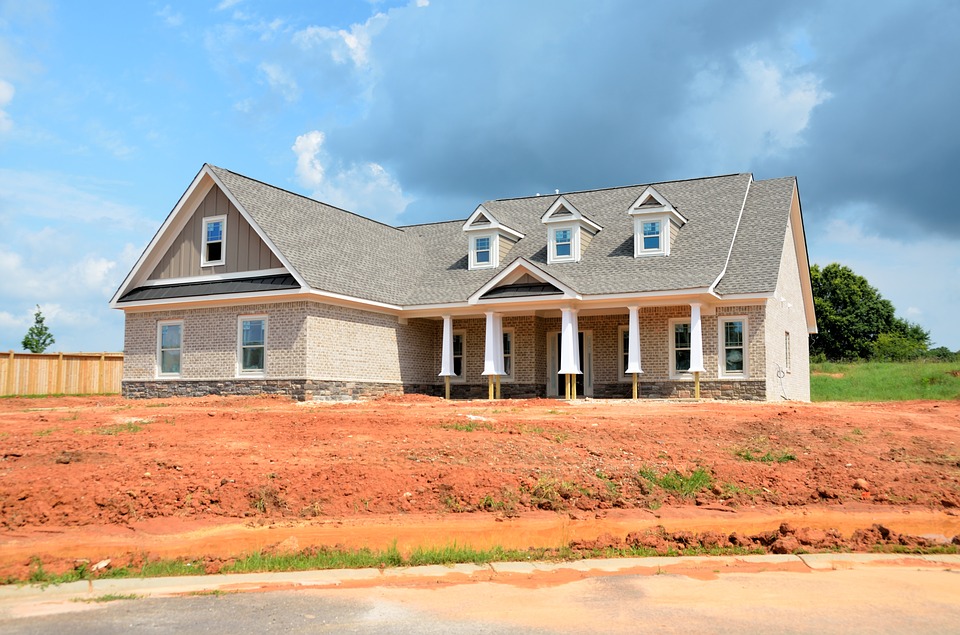Rural Property in Western Australia offers a quality of life many people find hard to resist.
However, we need to think about some of the realities of life in a rural area before buying and living on a rural property.
Farming is a Business
The property you wish to buy might look peaceful. But farming is an industry and surrounding farmers are running a business.
If you are moving from the city, or a major rural town, are you prepared to be part of the rural community? Or like me do you prefer solitude.
It is important to know what you want from owning a small landholding. Be clear and honest assessing your expectations. Carry out realistic research. You may want to engage a consultant who will assist your decision making.
Isolation is Real.
Isolation and stress are some of the risks moving to a rural environment. Can you handle it?
Above all, before buying any property, carry out a thorough notification on title check. Your settlement agent will do this for you. They will tell you if there are easement agreements. Are all services (power, water, access and telephone) in place. Is there any carbon, conservation, heritage, or other caveats or covenants?
Be aware of the responsibilities and commitments required living on a rural property. There may be ramifications if these are not met.
Rural Property Responsibilities
Landholders have many responsibilities and legal obligations to consider.
The Federal Government makes laws about taxation, trade and commerce and quarantine.
State Government laws govern
- native vegetation,
- water,
- health,
- animal welfare,
- livestock identification and movement,
- stock diseases,
- planning,
- environment protection,
- movement of plant materials,
- noxious weeds and
- vermin.
Local Government laws govern
- planning, buildings and improvements, health and neighbourhood disputes.
- Maintaining health and welfare of your animals,
- responsible chemical use and farm safety are important requirements.
- Land managers need to protect water resources,
- control pest animals,
- eradicate noxious weeds,
- conserve soil and
- avoid contributing to land degradation.
These laws are important to ensure long-term healthy and productive land. Abiding by these laws helps build friendly communities. There are industry-based codes of practice administered by local and state government staff.
There is much to Consider
If you decide to pursue your rural property dream, we would be happy to help you achieve that dream. Call Supreme Settlements on (08) 9417 2322 or contact us with more detail today.

